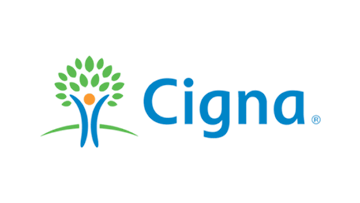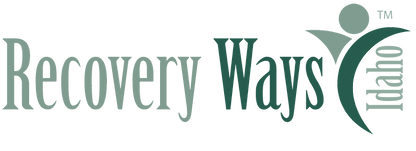What are Postpartum Disorders?
Postpartum Depression and Anxiety (PPD/PPA) is a more severe and lasting form of depression and/or anxiety that some women experience after childbirth. Unlike the “baby blues,” which are temporary, PPD/PPA can cause ongoing feelings of sadness, anxiety, irritability, fatigue, and difficulty bonding with the baby. Women may also experience changes in sleep and appetite, along with feelings of guilt or inadequacy. Our team of experiences providers is competent and able to treat women experiencing PPD/PPA. Our treatment approach includes but is not limited to modalities such as therapy, medication management and various techniques to improve coping skills and to improve level of functioning. With the right treatment and support, women can improve their mental health and well-being during the postpartum period. Seeking help early is key – we are here to support you on your journey towards overcoming PPD/PPA.
How We Treat Postpartum Disorders
Getting treatment for Postpartum Disorders is an essential step toward recovery for new mothers facing this challenging condition. Recognizing the need for help and seeking it out can be incredibly difficult, but it’s crucial to understand that postpartum disorders are treatable and that reaching out is a sign of strength, not weakness. Treatment typically involves a combination of therapy, medication, and support from healthcare providers who specialize in maternal mental health.
Therapy can offer a safe space to explore feelings, thoughts, and concerns related to motherhood and the transition it entails. Cognitive-behavioral therapy (CBT) is particularly effective in treating postpartum depression and anxiety by helping mothers challenge and change unhelpful patterns of thought and behavior. Medications, such as antidepressants, may also be recommended to help manage symptoms more effectively. It’s important to have open discussions with healthcare providers about the benefits and risks of medication, especially when breastfeeding.
Support groups play a vital role in recovery by connecting individuals with others who are experiencing similar challenges. Sharing experiences and coping strategies in a supportive environment can reduce feelings of isolation and promote healing. Additionally, involving family members in the treatment process can enhance understanding and provide additional support at home.
Ultimately, the journey through postpartum disorders towards recovery is unique for every mother. Prioritizing self-care, setting realistic expectations for oneself as a parent, and maintaining open lines of communication with healthcare providers are key components of successful treatment. With the right support system in place, it is entirely possible to overcome postpartum disorders and experience the joys of motherhood fully.
Our Treatment Programs
We only use proven outpatient programs to treat our patients, ensuring the highest level of care and success rates. Our team consists of highly trained therapists and doctors who specialize in a variety of mental health and addiction issues.
Clinical Services We Use for Treatment
At Recovery Ways Idaho, we offer a wide range of clinical services to address the complex needs of individuals struggling with mental health issues. These evidence-based treatments are integrated into our comprehensive treatment programs and are overseen by our team of experienced and compassionate clinicians.

Counseling
We understand that therapy is a crucial component of the recovery process, and we are committed to providing quality counseling services to support individuals on their path towards healing.

Intensive Outpatient Programming (IOP)
Intensive outpatient programming (IOP) at Recovery Ways Idaho is the only one in the Treasure Valley focusing primarily on mental health diagnosis, with small group sizes and a curriculum tailored to the patient’s needs.

Medication Management
This is an essential aspect of achieving long-term success in managing mental illnesses. It helps individuals maintain their progress by effectively managing symptoms and addressing any co-occurring conditions.

Case Management
We believe in providing comprehensive and individualized treatment services to our clients. We offer a case management service to assist individuals in their recovery journey.

CBRS for Children, Adolescents, and Adults
We offer community-based rehabilitation services (CBRS) for children, adolescents, and adults.

Aftercare
Aftercare plays a vital role in preventing relapse for individuals recovering from mental illness. It provides ongoing support, guidance, and accountability to help individuals maintain their progress and stay on track with their recovery goals.

Peer Support
We are proud to offer a peer support program as part of our comprehensive treatment services. Our peer support program is designed to provide additional support and guidance to clients as they work towards recovery and rebuilding their lives.
Affordable Insurance Accepted Care Services
We Work With Most Major Insurance Providers
Our goal is to provide affordable and effective treatment for all individuals seeking help at our facility. We understand that addiction and mental health struggles can be challenging enough without worrying about finances. That's why we are committed to working with your insurance company to make sure you receive the maximum coverage available for your treatment.



FAQ
We've compiled a list of frequently asked questions to provide clarity on the experience and alleviate any remaining fears or anxieties you might have.
Choosing the right level of care for a mental health disorder is an important decision that can greatly impact the success of one's recovery journey. At Recovery Ways, we understand that every individual's needs are unique, which is why we offer multiple options for outpatient programs.
So how do you know if an outpatient program is the right fit for you? Firstly, it's essential to assess your current level of functioning and any potential risks involved in receiving treatment while living at home. If you have a strong support system and are able to manage daily responsibilities, then an outpatient program may be suitable for you.
Another factor to consider is the severity of your process disorder. Outpatient programs are typically recommended for individuals with mild to moderate symptoms who do not require round-the-clock care. If your symptoms are more severe, a higher level of care such as residential or partial hospitalization may be necessary.
It's also crucial to consider your personal preferences and needs when selecting the right level of care. Outpatient programs offer flexibility in scheduling and allow individuals to continue with their daily responsibilities while receiving treatment. However, this may not be the best option for those who require a more structured and intensive approach to recovery.
Ultimately, it's important to consult with a mental health professional who can evaluate your specific situation and recommend the most appropriate level of care for your process disorder. At Recovery Ways, our team is dedicated to providing personalized outpatient treatment options that cater to individual's unique needs and goals for recovery.
Mental health and co-occurring disorders can affect people of all ages, genders, and backgrounds. These conditions can be challenging to identify, as many individuals may not realize they are struggling with a mental health or co-occurring disorder until it starts impacting their daily lives. Some common indicators that you may have issues with a disorder include experiencing persistent negative thoughts or emotions, changes in behavior and relationships, difficulty managing daily responsibilities, and physical symptoms such as changes in appetite or sleep patterns.
Additionally, if you find yourself turning to unhealthy coping mechanisms like substance abuse or self-harm, this could also be a sign that you are struggling with a mental health or co-occurring disorder. It's essential to pay attention to any changes in your thoughts, feelings, and behaviors and seek professional help if necessary.
At Recovery Ways, we specialize in treating both mental health and co-occurring disorders. Our team of experienced professionals will work with you to identify any underlying issues and develop a personalized treatment plan that addresses all aspects of your well-being. We understand the complexities of these conditions and are dedicated to providing compassionate support and evidence-based treatments for those who are struggling. Remember, seeking help is a brave and important step towards managing your mental health and achieving lasting recovery.
Therapy is a crucial component of treatment for mental health disorders, and at Recovery Ways, we believe in providing our clients with the highest quality therapy services. Our team consists of experienced and compassionate therapists who utilize evidence-based approaches to address the underlying causes of process disorders.
When you begin therapy at Recovery Ways Idaho, you will first meet with one of our therapists for an initial assessment. This helps us understand your unique struggles and tailor a treatment plan that best fits your needs. From there, our therapists will work with you to identify negative thought patterns and behaviors and develop coping strategies to manage them effectively.
Our therapy sessions are conducted in a safe and supportive environment where you can freely express your thoughts and emotions without judgment. We also offer a variety of therapy modalities to meet the specific needs and preferences of our clients.
At Recovery Ways, we prioritize building a strong therapeutic relationship with our clients. This means that our therapists will work collaboratively with you, providing encouragement and support throughout your journey towards recovery.
Recognizing when you need help is a crucial step towards managing a mental health disorder and achieving lasting recovery. It's important to pay attention to any changes in your thoughts, feelings, behaviors, and daily functioning that may indicate the need for professional support. Some common signs that you may need help include persistent and intense negative thoughts or emotions, difficulty managing daily responsibilities, strained relationships with loved ones, increased isolation and withdrawal from social activities, and experiencing physical symptoms such as changes in appetite or sleep patterns.
It's also essential to trust your instincts and seek help if something feels off or if you're struggling to cope with challenges on your own. At Recovery Ways, our team is here to provide compassionate support and guidance for those struggling with mental illness. We understand the importance of seeking help and are dedicated to helping individuals achieve a better quality of life through our evidence-based treatment programs. So if you or someone you know is experiencing any signs that indicate the need for help, don't hesitate to reach out to us at Recovery Ways Idaho. Remember, seeking help is a sign of strength and taking control over your mental health journey.
Watching a loved one battle mental illness can be both heartbreaking and overwhelming. You might feel powerless and unsure of how to assist them. The first step in getting your loved one the help they need is to engage in an open and honest conversation about their mental health. Express your concerns, offer your support, but also establish boundaries and encourage seeking professional help. Researching treatment options with our team and having resources available can be beneficial.
Remember to stay patient, understanding, and supportive throughout this process – recovery is a journey that takes time. With the proper approach and support, you can aid your loved one in finding the path to a healthier and happier life free from addiction. Don’t hesitate to seek guidance and support from our team at Recovery Ways Idaho. We are here to assist you and your loved one every step of the way towards recovery.





